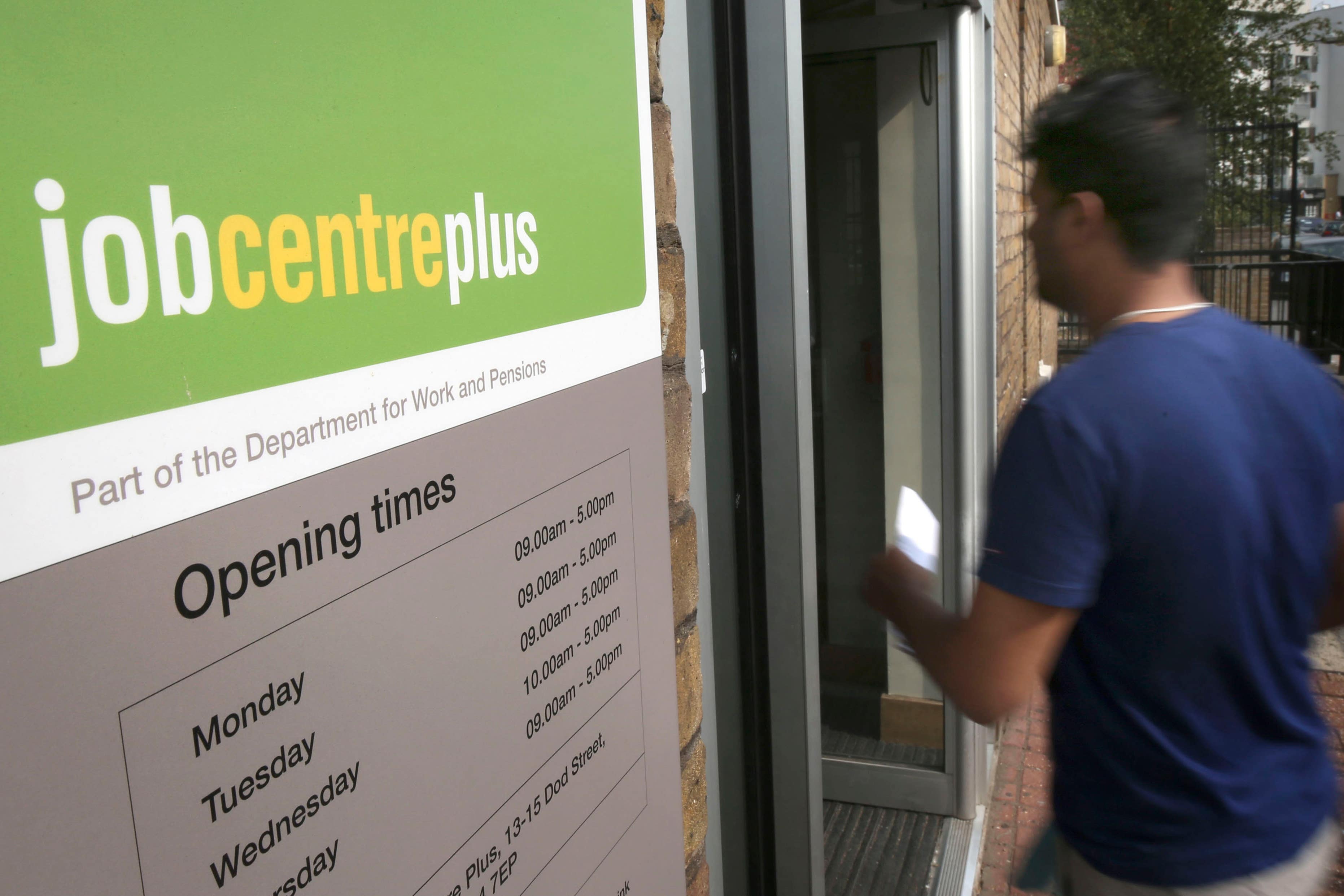
Chancellor’s Welfare Cuts: What It Means for the UK
Big changes are coming to welfare spending in the UK. The Chancellor is preparing to slash billions from welfare and government departments, a move that’s already sparking heated debates across the political spectrum. This decision comes as the government tries to stick to its strict borrowing rules, ensuring debt falls as a share of the economy. But what does this actually mean for people on benefits, the workforce, and the economy as a whole?
The financial situation has changed dramatically since last October’s Budget. Back then, the Office for Budget Responsibility (OBR) indicated there was nearly £10 billion available under borrowing limits. However, due to global economic shifts—rising inflation, trade tariffs, and increased borrowing costs—that financial cushion has all but disappeared. Now, the government is forced to make tough choices, and welfare spending is one of the first areas on the chopping block.
Also Read:- WEST Celebrates International Women's Day with Impactful Gala
- Controversy and Reactions from the Madrid Derby in the Champions League (2-1)
One of the biggest concerns? The rapid rise in health-related benefits. Government spending on sickness benefits alone has surged by 25% since before the pandemic, hitting £65 billion last year and projected to reach £100 billion before the next general election. Some argue this increase is partly due to lingering effects of COVID-19, while others claim the system unintentionally incentivizes people to stay out of work. With new welfare cuts on the horizon, stricter requirements could be introduced, pushing more people into the job market.
Justice Secretary Shabana Mahmood has defended the cuts, pointing out the growing number of young people not in work, education, or training. She argues that it’s both a moral and practical issue—if people can work, they should. On the other hand, critics, including unions and opposition leaders, warn that these cuts could disproportionately impact the most vulnerable, potentially deepening economic hardship for those already struggling.
The Chancellor insists these reforms are not a sudden shift in policy but a necessary step to "fix welfare and get people back to work." With a looming global trade war and economic uncertainty, the government is under immense pressure to maintain financial stability. However, whether these cuts will truly strengthen the economy or place greater strain on public services remains to be seen.
With the Spring Statement just weeks away, all eyes are on the Chancellor. Will these welfare reductions help balance the books, or will they trigger greater economic and social challenges? One thing is certain—this decision will have lasting consequences for millions across the UK.
Read More:



0 Comments